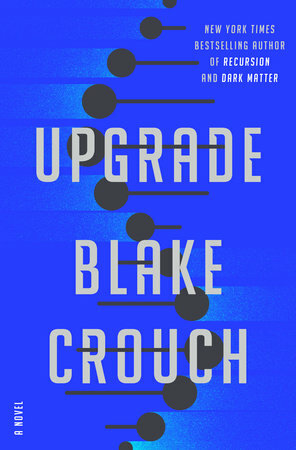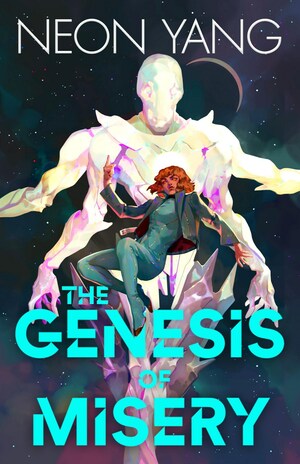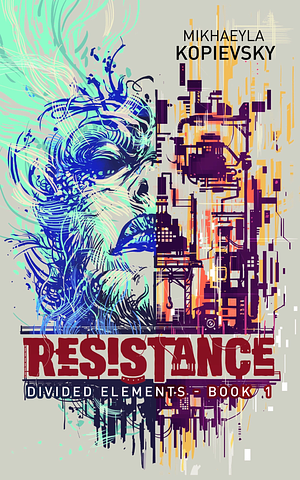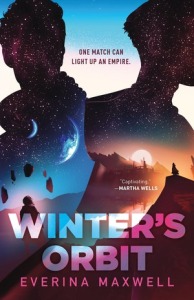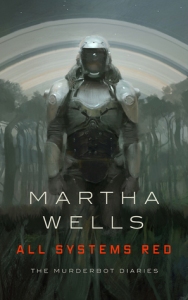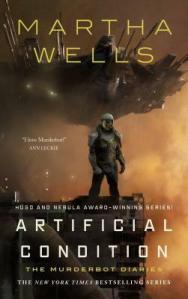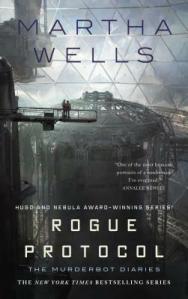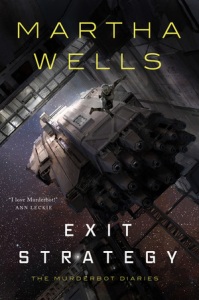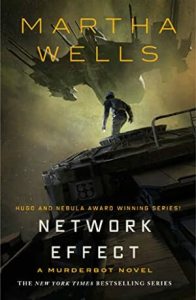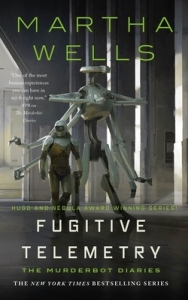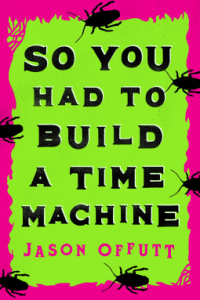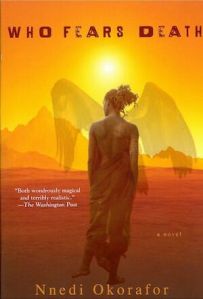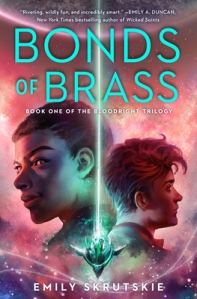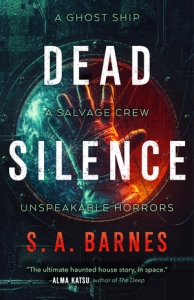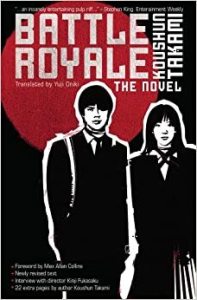Title: Upgrade
Author: Blake Crouch
Genre: Science Fiction
Trigger Warnings: Death, blood, violence, injury, gore, guns, parent death, suicide (mentions), pandemic, terminal illness, body horror, body modifications without consent
Back Cover:
Logan Ramsay can feel his brain…changing.
And his body too.
He’s becoming something other than himself. Maybe even something other than human.
As he sets out to discover who did this to him, and why, his transformation threatens everything—his family, his job, even his freedom.
Because the truth of what’s happened to him is more disturbing than he could possibly imagine. His DNA has been rewritten with a genetic-engineering breakthrough beyond anything the world has seen—one that could change our very definitions of humanity.
And the battle to control this unfathomable power has already begun.
But what if humankind’s only hope for survival lies in embracing this change—whatever the cost?
Which side will Logan take? And by the time it’s over, will he—and the people he loves—even recognize him?
Upgrade is a stunningly inventive, ferociously plotted science-fiction thriller that explores the limits of our humanity—and asks what’s at risk when technology lets us reengineer not just the world around us, but ourselves.
Review:
This book was recommended to me, and I generally attempt to read books recommended to me. This wasn’t my first foray into this author’s work, either. I’d read his book Recursion a while back and found it a sci-fi kind of weird that isn’t necessarily my jam, but that was well-written and had some interesting ideas. So I figured this probably wouldn’t be bad.
And I was correct. Upgrade wasn’t bad. The protagonist may not have had very many interesting characteristics beyond being the protagonist, but the concept was interesting and Blake Crouch is a competent writer. The action moved along, the story was largely well-paced, and it kept me engaged the whole way through. Nothing spectacular, sure, but perfectly readable.
However. As you might have guessed by the tone here, I do have some criticisms. Again, Blake’s particular brand of sci-fi weird isn’t quite up my alley, so some of this could definitely be me. But some of it is I just take issue with some of the fundamental concepts of the book itself.
Upgrade is ambitious in scope and interesting in concept. In a world where genetic modification is very possible (but also very illegal), an anti-gene-modification enforcement agent finds his genes being modified against his will, making him almost superhuman. Now he has to tackle questions like “why did this happen?” and “would the world be better if it happened to everybody?” But as interesting and potentially thematic as this idea could be, the execution is a little wacky. Some parts are frighteningly realistic, others are laughably not, and the discordant combination made the whole thing feel a bit silly. It would have made a perfectly serviceable mindless action movie, but the attempt at thematic depth just emphasized how ridiculous some parts of it were.
I spent a lot of time trying to put my finger on my actual problem with this book. I had notes about how Logan Ramsey has big “r/iamverysmart” vibes, and whether or not killing the same character twice was too much, and how cruel Logan’s mother was and how I couldn’t believe that neither of her children realized how much they were like her. But then I was reminded of the word “eugenics” and realized my issue. Without giving away too many spoilers, the arguable antagonist of the first half of the book thinks climate change would be solved if people were only better in a specific way and wants to accomplish that with mass gene modification. It really feels like what a eugenics movement would look like in a world where you didn’t necessarily have to breed better traits into people because you could just modify people’s genes instead. But our protagonist seemed pretty against that whole idea, so I wasn’t too bothered. Up until the end, when (minor spoiler alert) he decided his problem wasn’t so much the eugenics-style idea, just which traits should be changed. It left a really bad taste in my mouth.
It’s very possible that at least some of my complaints are because while I find these kinds of stories fine, they’re not the type of thing I generally really love. And on the whole, Upgrade was fine. I didn’t love it, I think its themes were handled poorly, and I really didn’t love some of the vibes it gives off. But it was readable. I found it interesting enough to finish. If it were made into an action movie, I think it would work pretty well. I just don’t particularly recommend it as it is.

